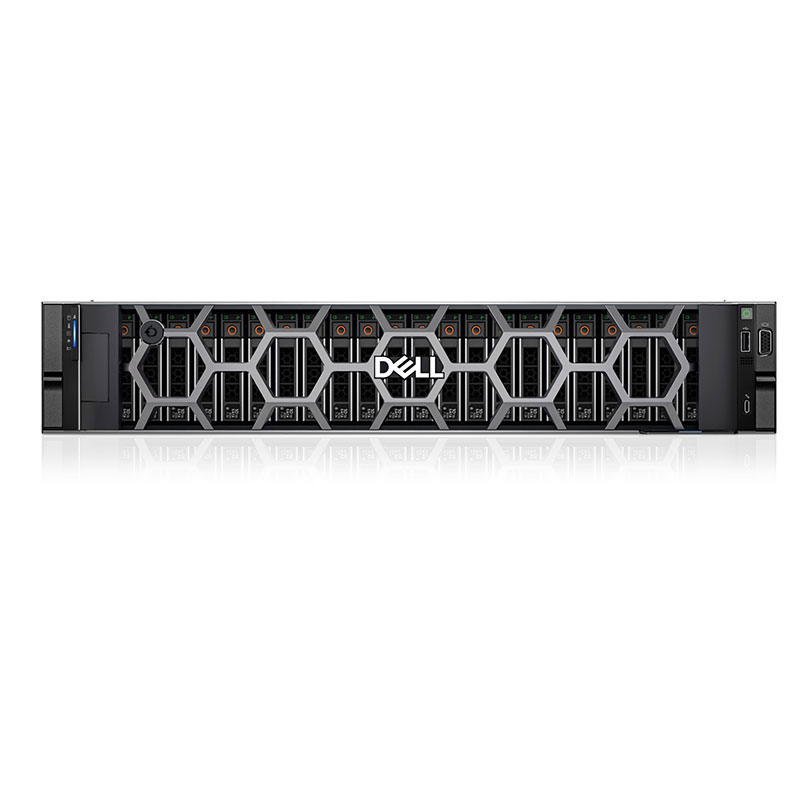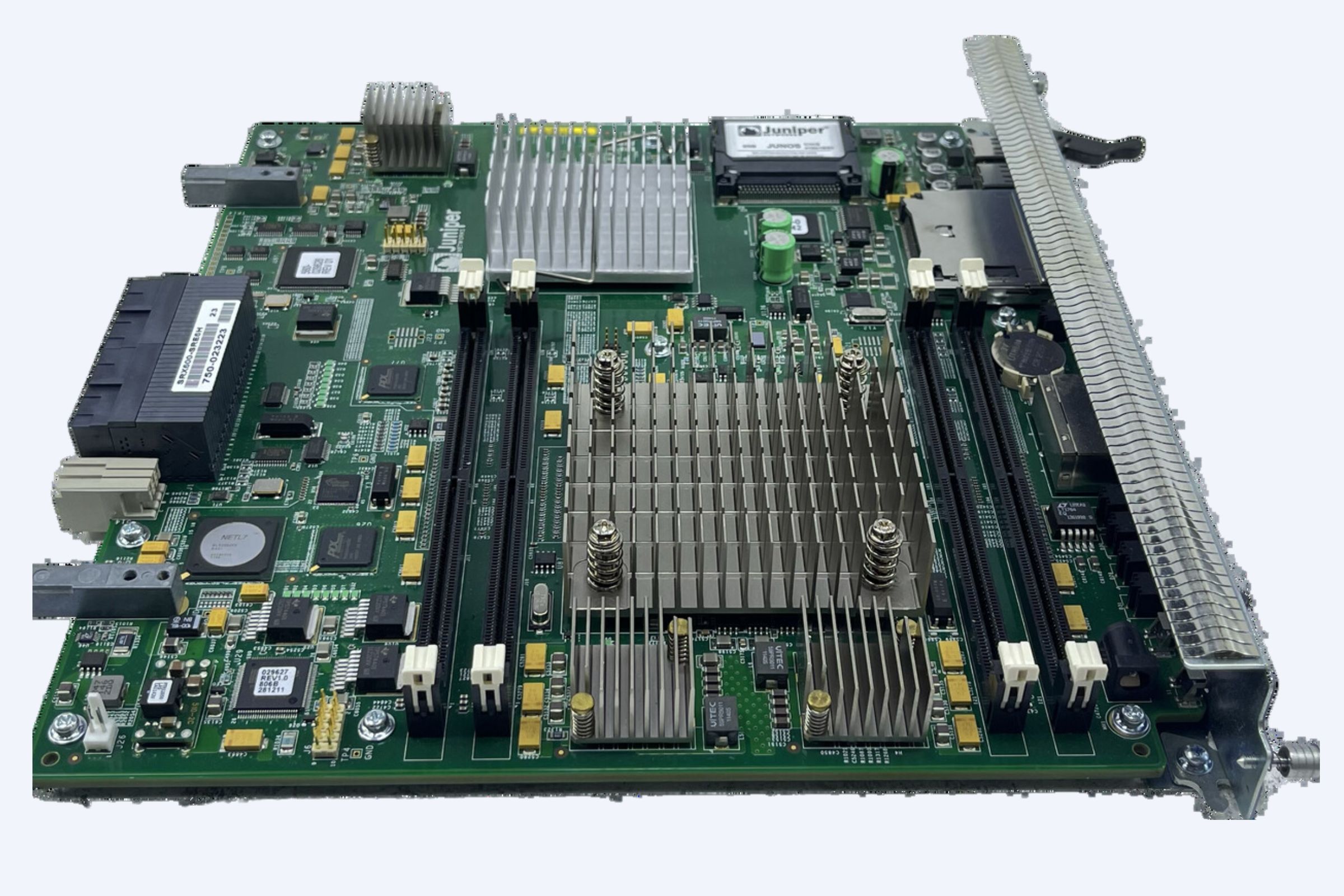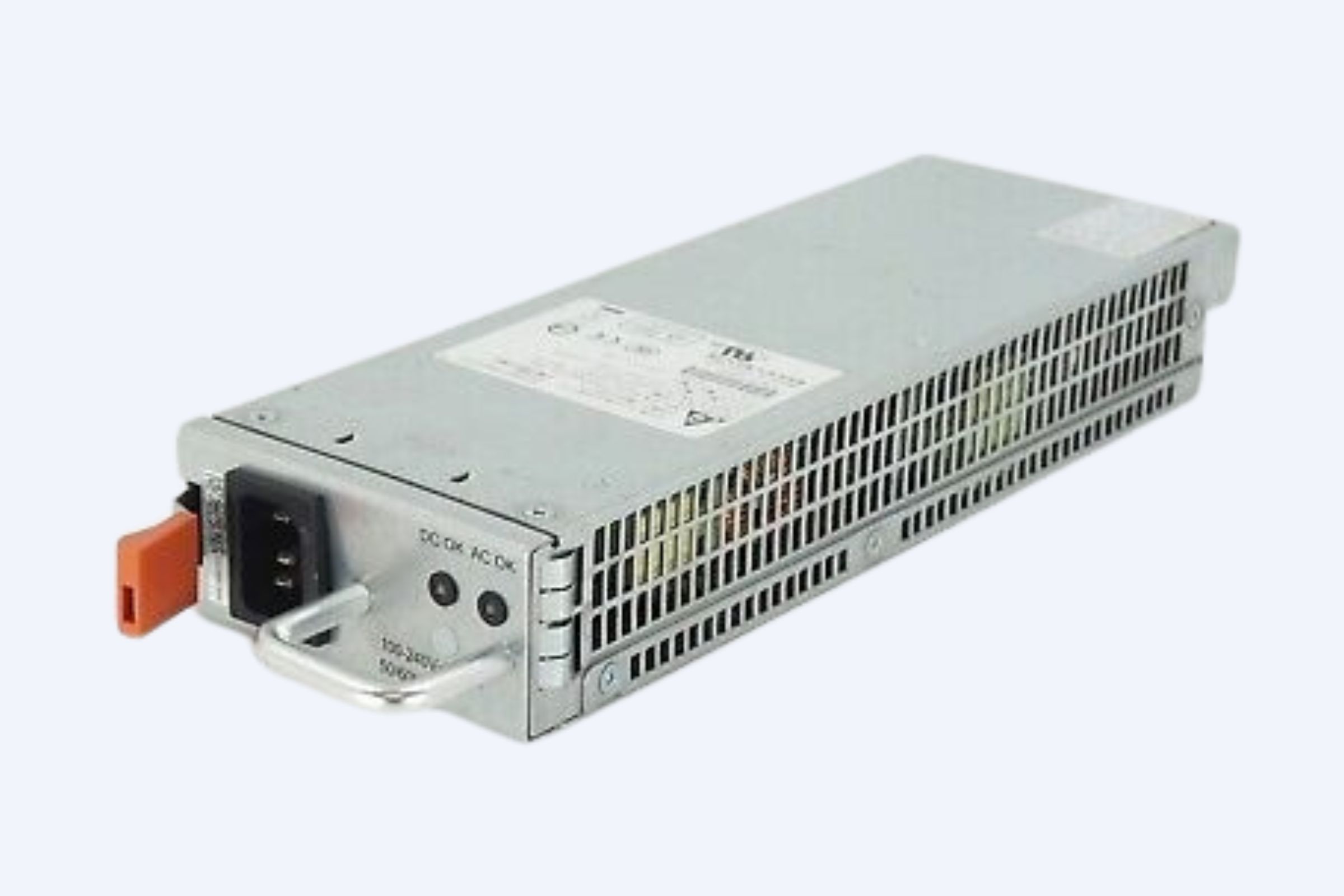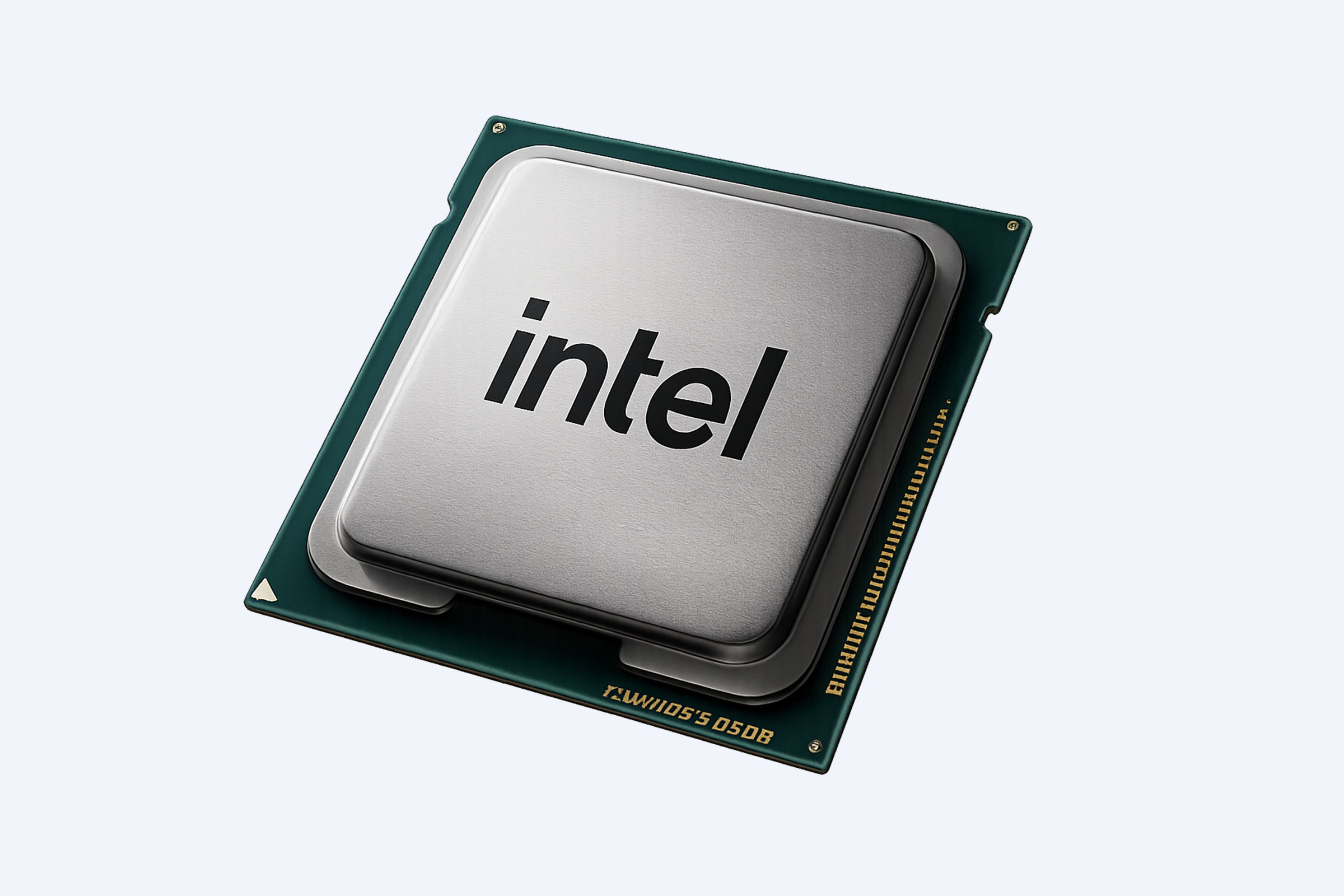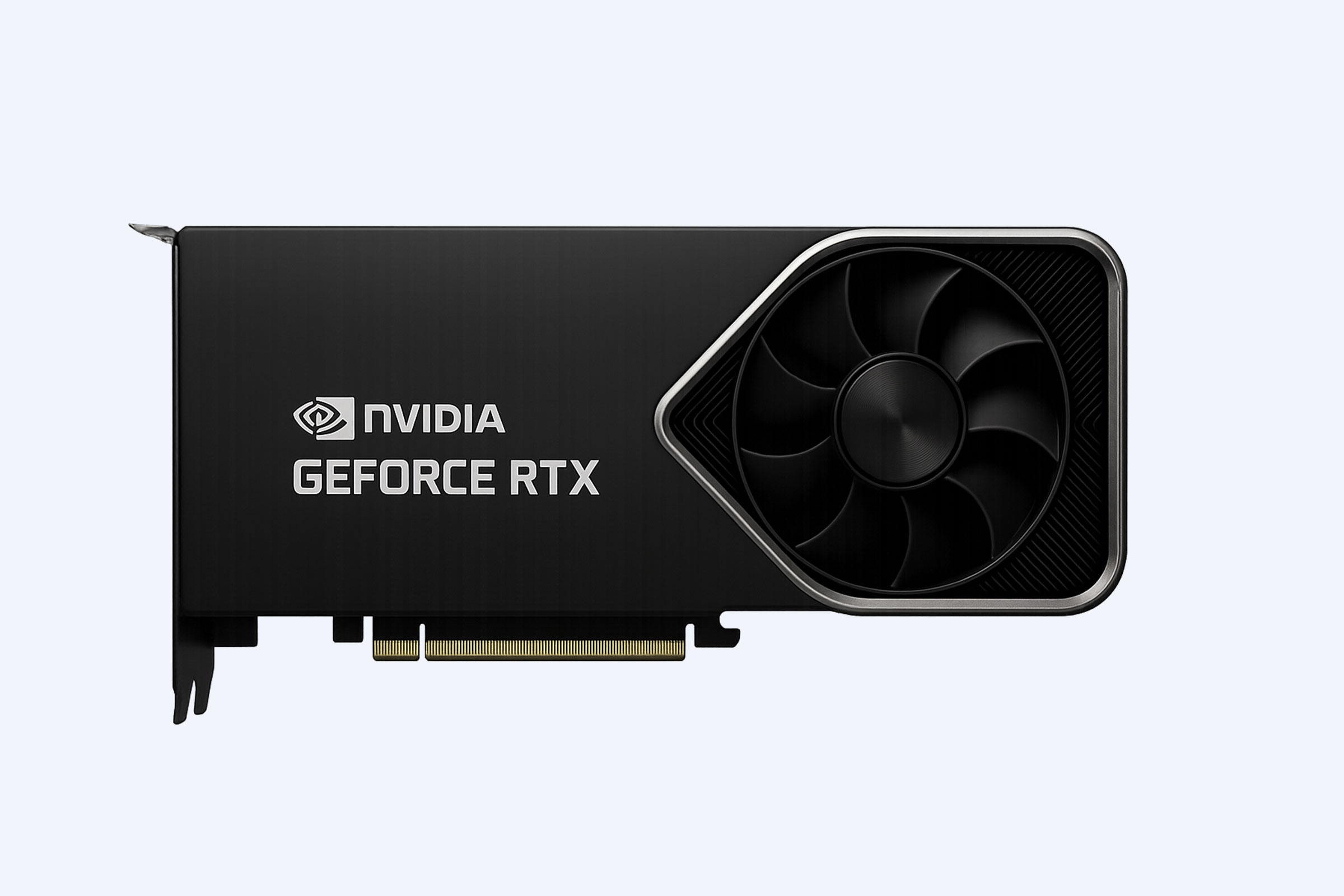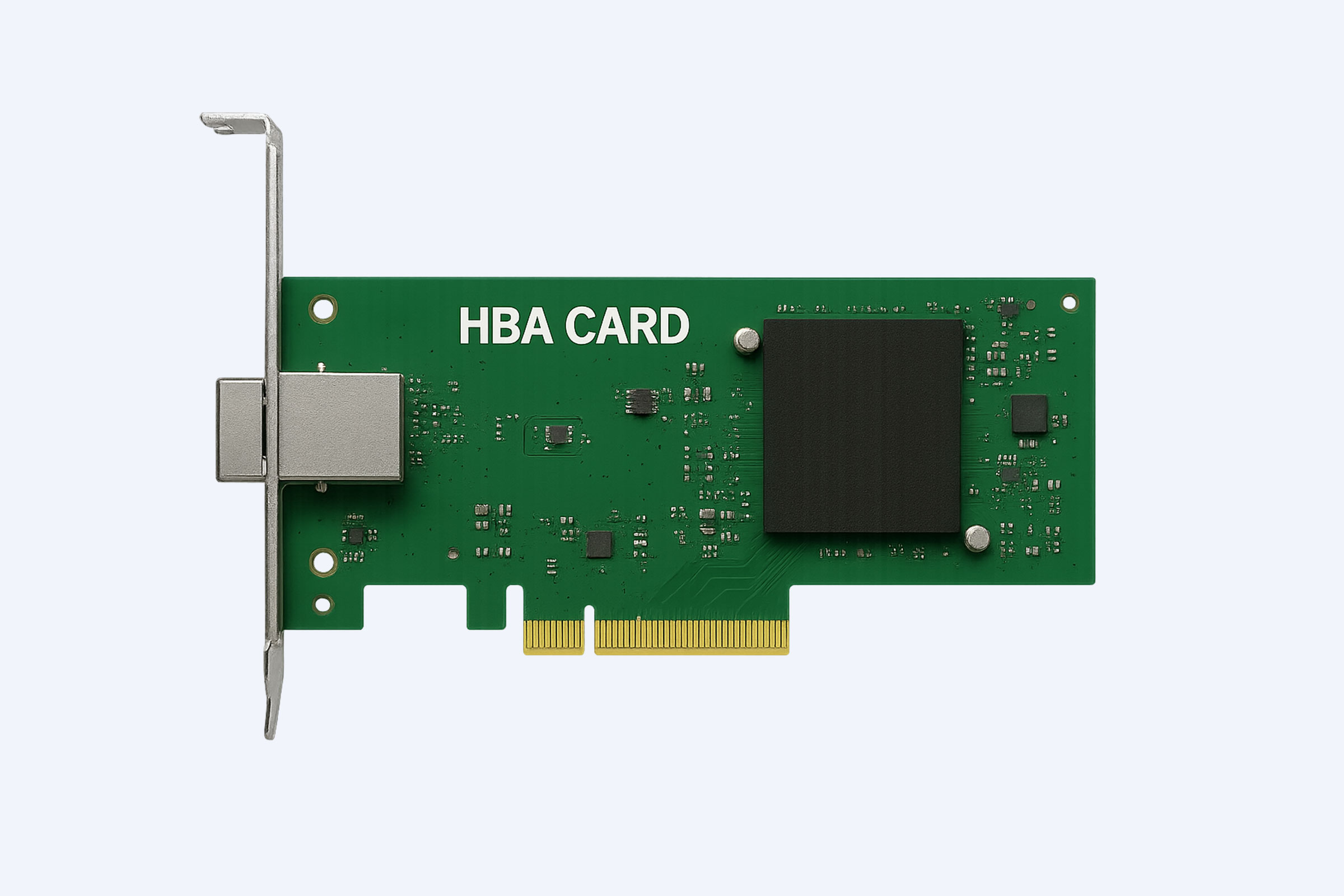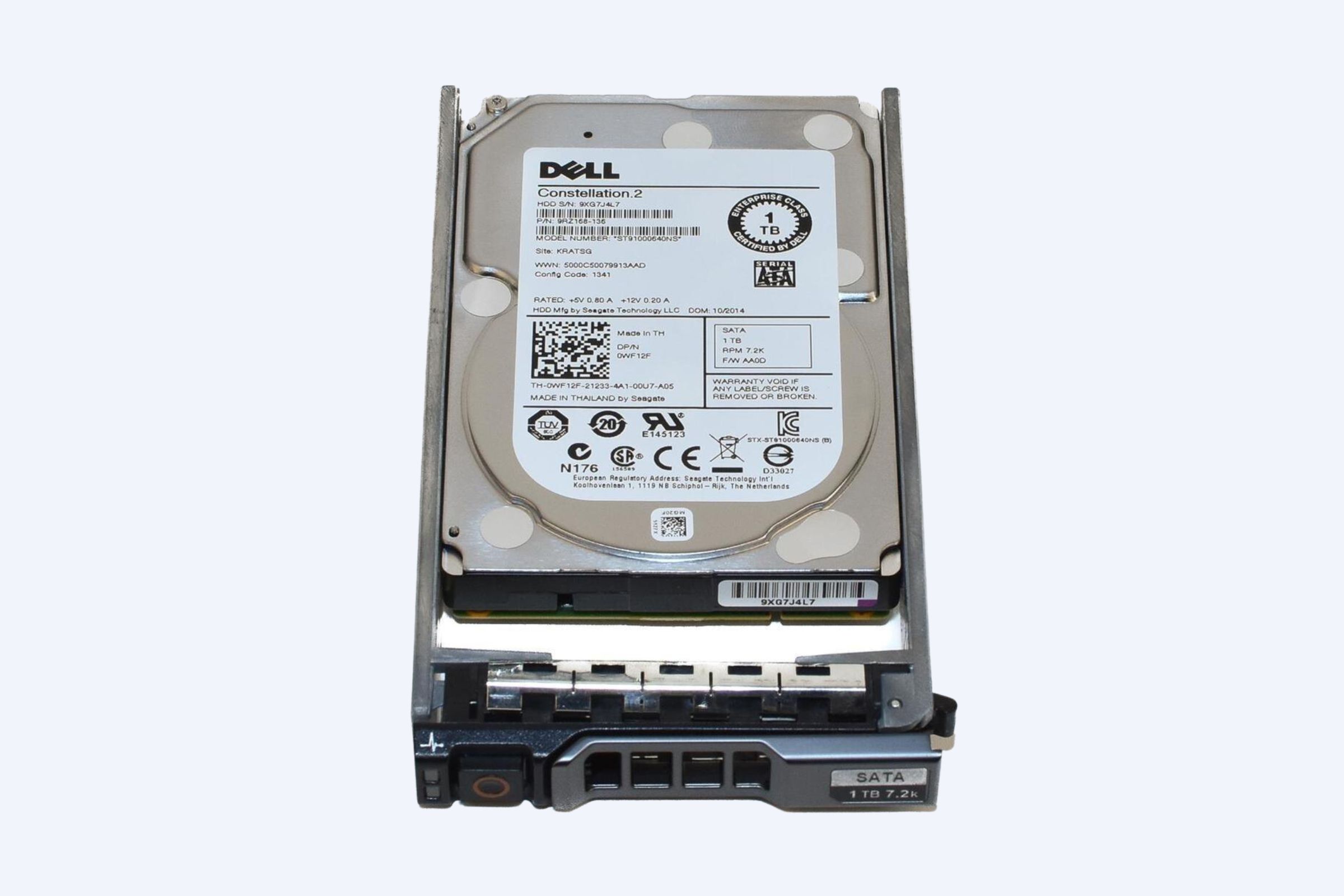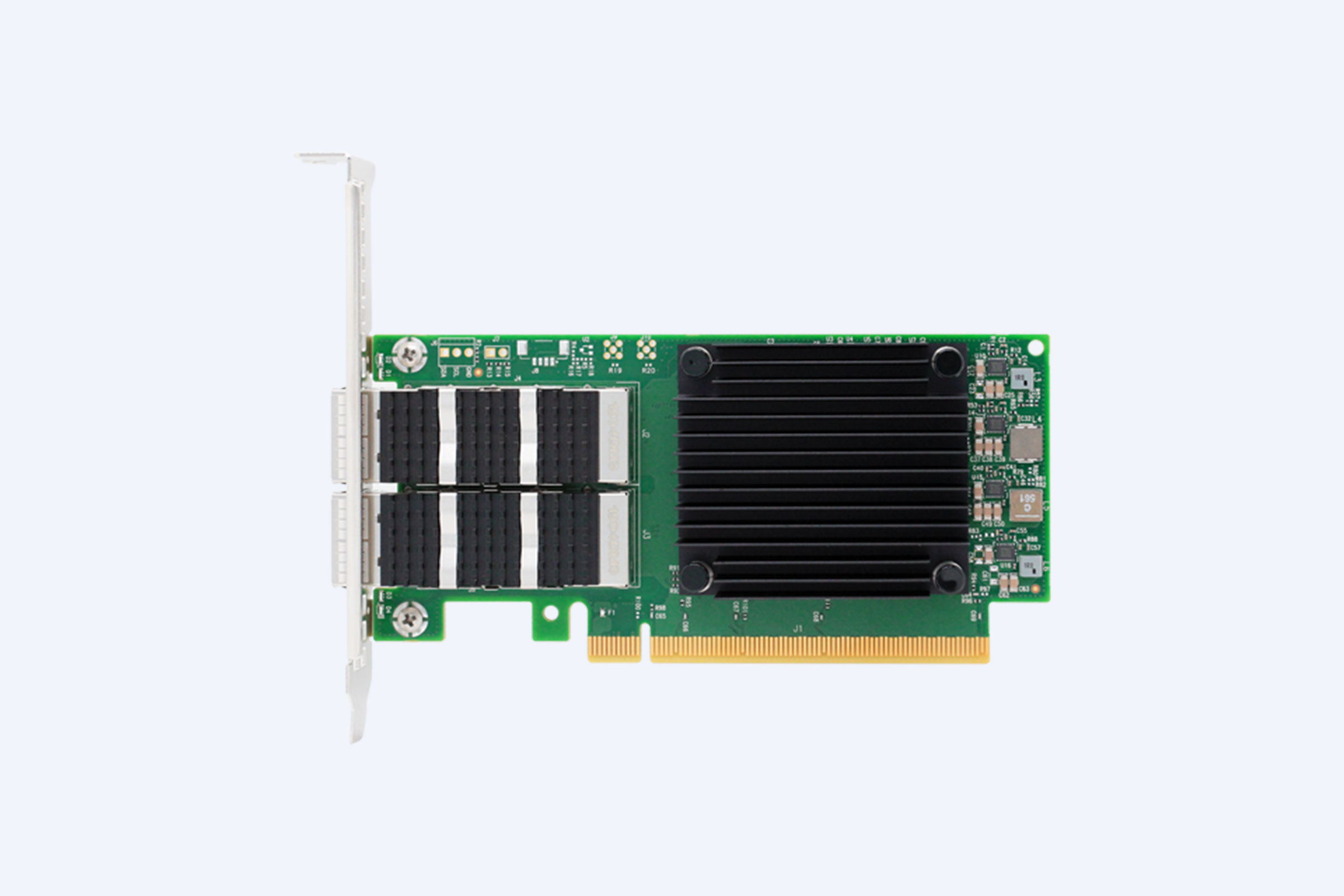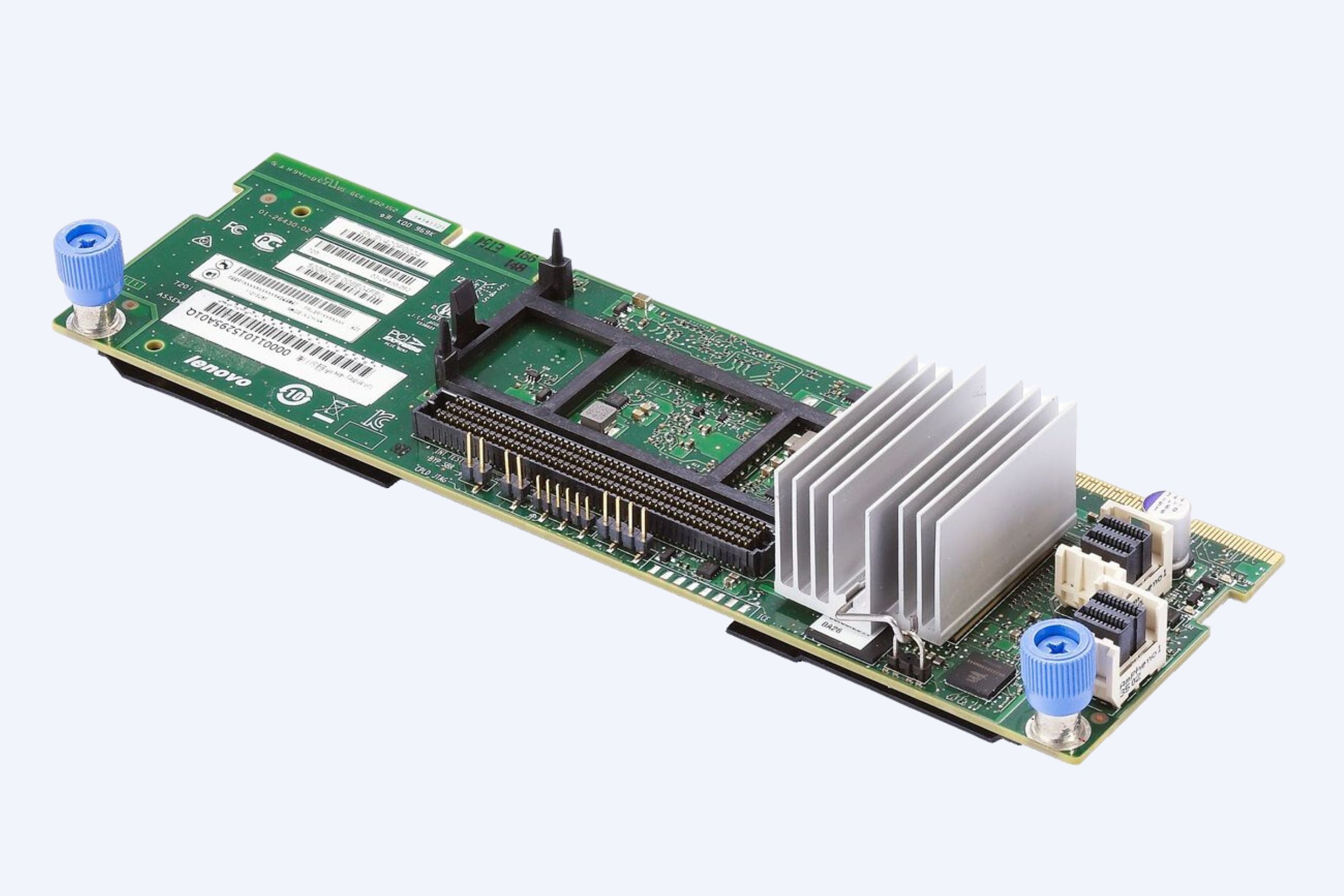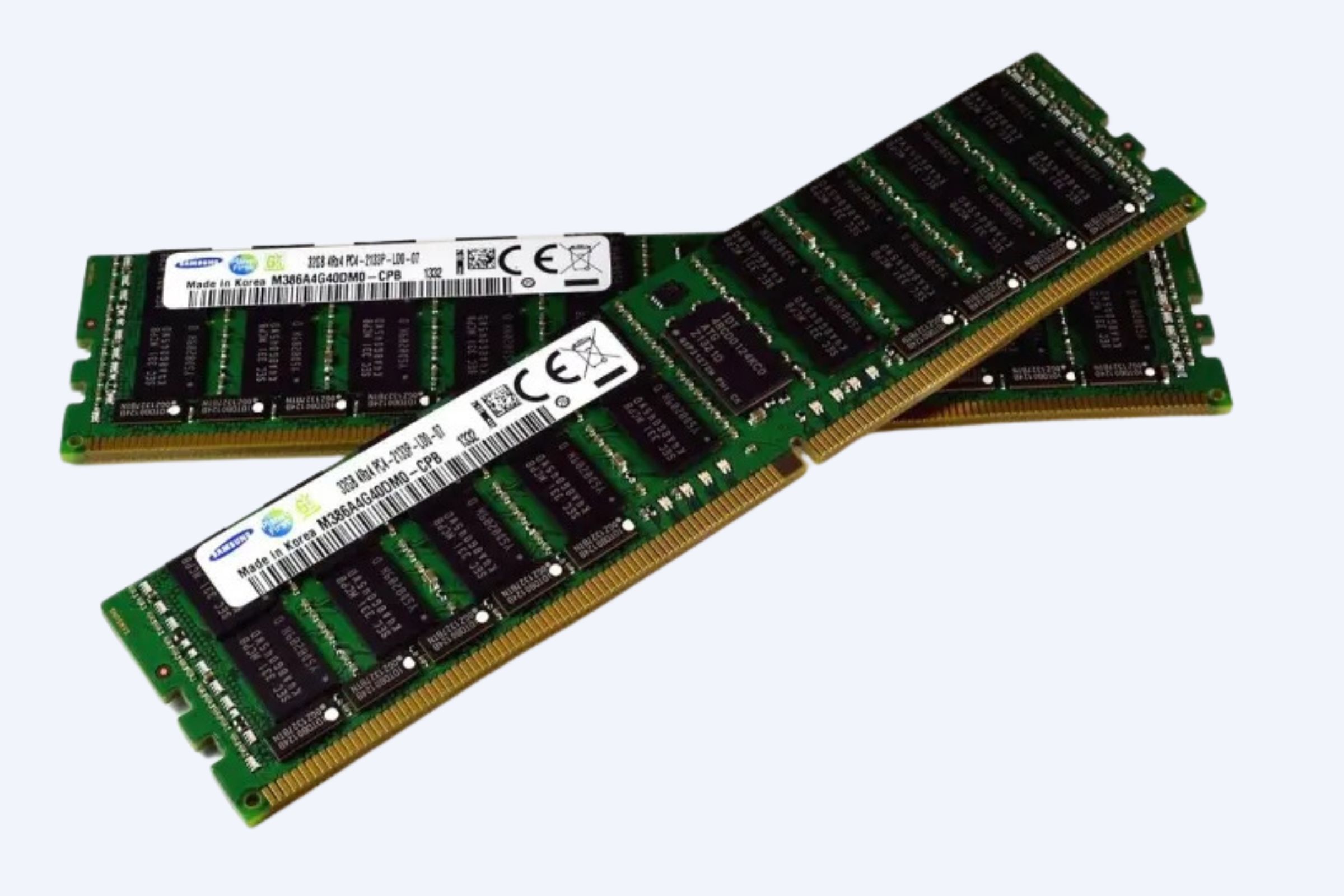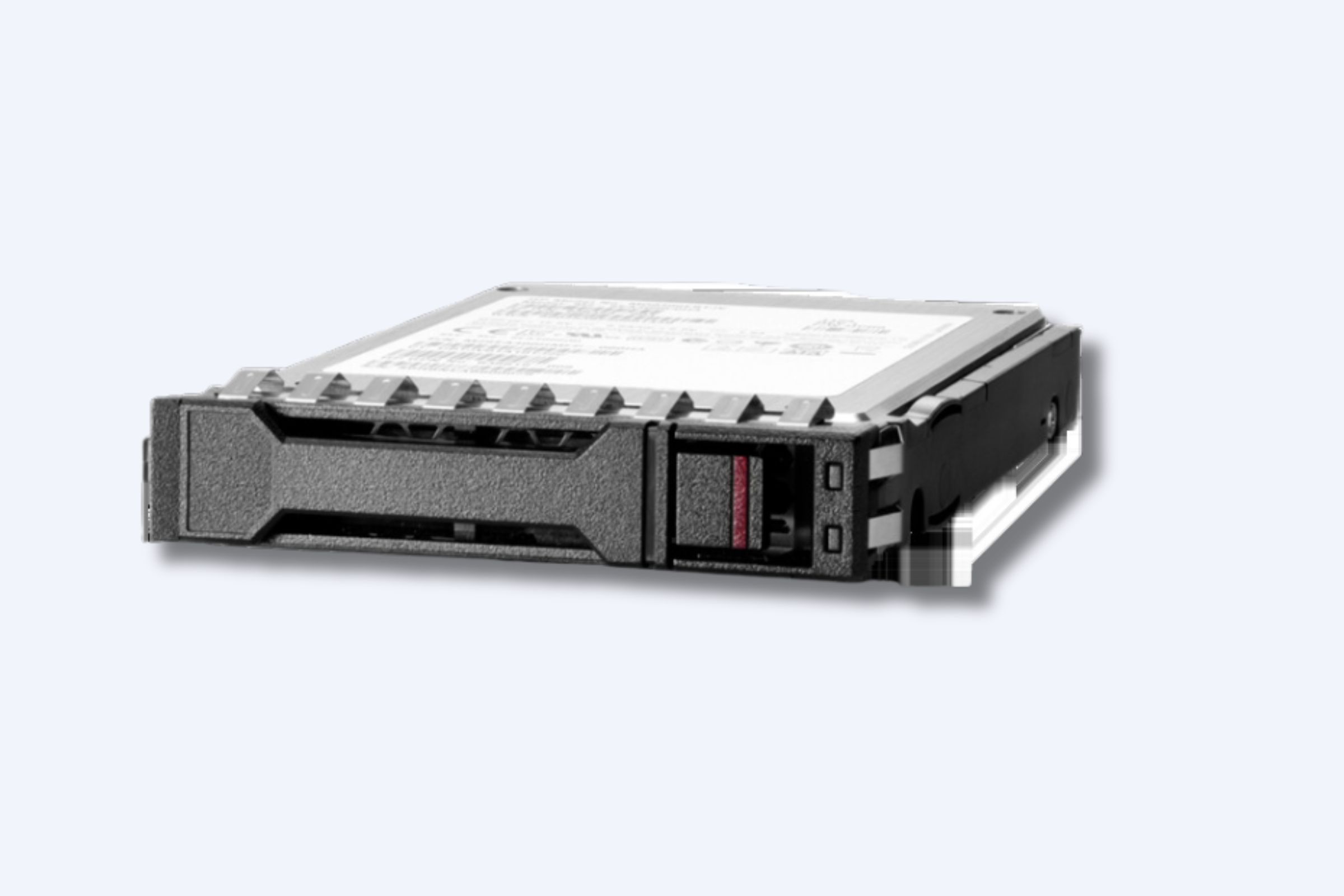The Dell PowerEdge R760xs, R7615, and R7625 are powerful 16th-generation 2U rack servers designed for different workloads and budgets. The R760xs features Intel Xeon processors for balanced performance, the R7615 leverages a single AMD EPYC processor for cost-effective virtualization, while the R7625 offers dual AMD EPYC processors delivering maximum compute power for demanding applications.
How Do the Processors Differ Among the R760xs, R7615, and R7625?
The Dell PowerEdge R760xs uses Intel Xeon Scalable processors (4th or 5th Gen) supporting up to 32 cores per CPU with dual sockets, providing balanced performance for virtualization and software-defined storage. The R7615 and R7625 use AMD EPYC 9004 series processors (4th Gen); the R7615 is single-socket with up to 128 cores, optimizing cost-performance, while the dual-socket R7625 supports up to 256 cores total, targeting high-performance computing and demanding workloads.
In summary, R760xs favors Intel architecture, R7615 maximizes core count per socket on a budget, and R7625 maximizes total CPU power with two AMD EPYC processors.
What Are the Memory Capacities and Configurations?
Memory configuration varies significantly: the R760xs supports up to 1.5TB DDR5 across 16 DIMM slots, suitable for balanced workloads. The R7615 offers up to 3TB DDR5 with 12 DIMM slots, supporting memory-intensive virtualization on a single socket. The R7625 pushes the limit with 24 DIMM slots and up to 6TB DDR5 RAM, ideal for data-heavy and compute-intensive applications requiring maximum memory bandwidth.
In terms of memory capacity and configuration, the Dell PowerEdge R760xs, R7615, and R7625 offer different setups to match specific business needs. The R760xs can handle up to 1.5TB of DDR5 RAM, spread across 16 DIMM slots. This is ideal for companies that need a balanced memory setup for general tasks and moderate workloads, providing enough power without going overboard. The R7615, on the other hand, supports up to 3TB of DDR5 memory, distributed across 12 DIMM slots, making it well-suited for businesses running memory-intensive virtualization tasks on a single processor.
The R7625 is the most powerful in terms of memory, supporting up to a massive 6TB of DDR5 RAM across 24 DIMM slots. This configuration is perfect for enterprises dealing with data-heavy tasks or demanding compute-intensive applications like high-performance computing (HPC) or big data analysis, which need maximum memory bandwidth. As with the other models, WECENT can help you select the right configuration based on your workload, ensuring that your business runs efficiently and cost-effectively.
Keywords: memory capacity, virtualization, WECENT.
These memory capacities directly impact the server’s ability to handle virtualization density and large datasets.
Which Cooling Options Are Available for These Servers?
The R760xs is designed for air cooling only, leveraging Dell’s multi-vector cooling optimized for Intel CPUs up to 250W TDP. Both the R7615 and R7625 provide options for efficient air cooling or optional direct liquid cooling (DLC), aligning with AMD EPYC’s higher power and thermal requirements. DLC improves temperature management in heavy workloads, increasing reliability and power efficiency.
Choosing the right cooling method depends on workload intensity and environmental constraints.
How Do Storage and Expansion Capabilities Compare?
The R760xs supports up to 16 hot-swap drive bays (2.5″ or 3.5″) with flexible NVMe, SAS, and SATA options and offers multiple PCIe Gen4/Gen5 slots supporting low-profile GPUs. The R7615’s storage options include 8 to 32 drive bays, scalable to 368.64TB max storage, with expansion via air or liquid cooling. The R7625 supports up to 24 NVMe or SAS drives with up to eight PCIe slots that accommodate multiple accelerator cards (GPUs, AI, ML accelerators), suitable for large-scale virtualization and AI workloads.
Expansion flexibility enables tailored configurations for a range of enterprise applications.
Why Should Businesses Consider Socket Count in Their Choice?
Socket count influences total core count, memory capacity, and performance scalability. The dual-socket R760xs offers balanced dual-CPU performance with Intel’s ecosystem compatibility. The single-socket R7615 maximizes per-core performance and cost efficiency, ideal for dense virtual machines and analytics with a lower upfront investment. The dual-socket R7625 maximizes total throughput with up to 256 cores, best suited for HPC, virtualization at scale, and AI workloads where maximum performance trumps cost.
Businesses must evaluate workload demands and budget constraints when considering socket configurations.
How Does Each Server Suit Different Workloads?
The R760xs is optimal for balanced workloads like virtualization, software-defined storage (SDS), and general enterprise IT needing Intel architecture reliability. The R7615 excels in cost-sensitive projects requiring high core density, such as data analytics and dense VM deployment. The R7625 is designed for maximum compute, fitting HPC, virtual desktop infrastructure (VDI), AI, and other compute- or memory-intensive tasks with high demand for CPU and memory throughput.
Matching server strengths to workload profiles ensures optimal operational efficiency.
What Are Key Buying Considerations for Each Server?
Buyers should consider processor preference (Intel vs AMD), workload intensity, and budget. The R7615 offers exceptional value for single-socket AMD EPYC with high core counts. The R760xs, with dual Intel processors, offers familiar architecture for ecosystems standardized on Intel Xeon. The R7625 commands a premium, but delivers unmatched performance with dual AMD EPYC CPUs and large memory ceilings. Cooling options and future scalability should also factor into purchasing decisions.
Aligning server capabilities with business needs and lifecycle plans ensures return on investment.
What Makes the Dell PowerEdge Line Reliable for Enterprises?
Dell PowerEdge servers, including these models, come with enterprise-grade features such as Dell iDRAC9 for remote management, extensive support for RAID configurations, and hot-swappable components enabling high availability and ease of service. They meet industry standards for certifications and offer robust security and automation, making them trustworthy foundations for critical IT infrastructure.
Wecent, as a premier supplier, integrates these robust Dell servers to ensure clients gain reliable, scalable IT infrastructure.
Where Does Wecent Fit Into the Dell PowerEdge Server Ecosystem?
Wecent Technology, with its over 8 years of experience headquartered in Shenzhen, partners with global leaders like Dell to supply certified, original servers to businesses worldwide. Wecent offers tailored IT solutions, professional guidance, and competitive pricing on PowerEdge servers like the R760xs, R7615, and R7625. Integrating these servers through Wecent helps enterprises simplify operations and maximize infrastructure efficiency.
Wecent ensures clients leverage the full capabilities of Dell PowerEdge for long-term success.
Wecent Expert Views
“Choosing the appropriate server model hinges on balancing performance, cost, and future scalability. The Dell PowerEdge R760xs, R7615, and R7625 collectively cover a broad spectrum of enterprise needs—from cost-effective virtualization to intensive HPC workloads. At Wecent, we advise clients to align their choice with workload demands, processor preferences, and budget, ensuring efficient and scalable IT infrastructure deployment. Our commitment lies in delivering not just hardware, but tailored, reliable solutions partnering for enterprise growth.”
Summary and Actionable Advice
When selecting between Dell PowerEdge R760xs, R7615, and R7625 servers, businesses should evaluate workload types, processor architecture preferences, memory needs, and budget constraints. The R760xs offers balanced dual Intel CPUs for versatile use, the R7615 delivers cost-effective high core counts on a single AMD socket, and the R7625 excels in maximum performance with dual AMD sockets. Cooling options and future scalability are key considerations. Partnering with Wecent provides access to fully certified servers, expert advice, and competitive pricing to optimize enterprise IT infrastructure.
Frequently Asked Questions
Which server is best for virtualization?
The R7615 provides the best value for dense virtualization with its high core count single AMD EPYC socket, while the R760xs and R7625 serve more demanding or larger-scale virtualization workloads.
Can the R7625 handle AI and HPC tasks?
Yes, the R7625’s dual AMD EPYC processors and high memory capacity make it ideal for AI, HPC, and other compute-intensive applications.
Does the R760xs support liquid cooling?
No, the R760xs supports only air cooling, optimized for Intel CPUs with up to 250W TDP.
What management tools do these servers use?
All three Dell PowerEdge servers feature Dell iDRAC9 for advanced remote management and automation.
How does Wecent assist with server deployment?
Wecent offers consultation, certified product supply, and tailor-made IT solutions to help enterprises optimize their server infrastructure efficiently.



